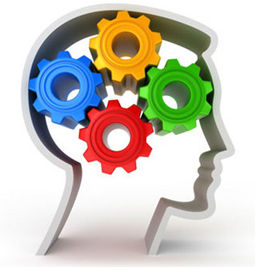

|
Assessment
Neuropsychological assessment is intended to investigate the various cognitive functions such as memory, attention, visual functions, executive functions (organizational skills, planning and executing tasks, abstraction and concept formation), language, praxis, spatial-temporal orientation and intelligence. The goal is to identify which functions are impaired and which are preserved. This investigation aids the diagnostic process and helps to guide medical / psychiatric and psychological treatments. It
can be used for aiding diagnosis of such aspects as: The assessment process usually lasts between 6-8 hours, divided into sessions lasting up to 2 hours each. It starts with a very detailed interview, where the psychologist gathers information about the current difficulties, how they started, history of physical illness, medication and other information in general (family and social relationships, academic / professional performance, etc.). Other interviews can also be conducted with family members or carers to obtain more details or further clarifications. The psychologist will then select the best tools for evaluation. These may include neuropsychological tests, questionnaires and scales. This is followed by an interval (usually 1 or 2 weeks) in which the psychologist scores all tests, analyses and interprets the results and, in conjunction with the interview data, prepares a final report. All
results, analysis, and referrals or treatment suggestions are explained
to the patient in a feedback interview.
|
